Understanding the 48 Volt Solar Battery
The 48 volt solar battery stands as a pivotal component in modern solar energy systems. This category encompasses a diverse range of batteries designed primarily for storing energy generated by solar panels. The versatility of these batteries allows for their use in various applications, from residential energy storage to more specialized uses such as powering submarines.
Types and Applications
Within the realm of 48 volt solar batteries, there are several types, including lithium-ion and lead-acid batteries. Lithium-ion variants, such as the 48 volt 200ah lithium battery, are renowned for their high energy density and long life span, making them suitable for home energy storage solutions. Lead-acid batteries, while heavier and requiring more maintenance, are valued for their reliability and cost-effectiveness in larger-scale energy storage systems.
Features and Materials
The construction of a 48 volt solar battery involves sophisticated technology and high-quality materials that ensure efficiency and durability. For instance, the 48 volt lithium solar battery is crafted with advanced cathode materials that provide stability and safety. The integration of a 48 volt solar charge controller within the system ensures that the charging process is regulated, protecting the battery from overcharging and enhancing its lifespan.
Advantages of 48 Volt Solar Batteries
Opting for a 48 volt battery solar system comes with numerous advantages. These batteries offer a compact energy storage solution with a higher voltage level, which can lead to a more efficient power system with reduced energy loss. Additionally, the compatibility with mppt 48 volt technology allows for maximum power point tracking, optimizing the energy harvested from solar panels.
Choosing the Right Solar Battery
When selecting a 48 volt solar battery, it is crucial to consider the specific needs of your solar energy system. For instance, a dyness lithium battery 4.8 kwh 48 volt may be ideal for residential use, while larger systems may require a more robust 48 volt solar battery bank. It is also important to pair the battery with a compatible mppt solar charge controller 60 amp 12 48 volts to ensure optimal charging efficiency.
Integration with Solar Inverters
The integration of a 48 volt solar battery with solar inverters like the microtek 48 volt solar inverter or the luminous 48 volt solar inverter is seamless, providing a complete energy solution. These inverters convert the DC output of the battery into AC power, which can be used to run household appliances or feed into the grid.
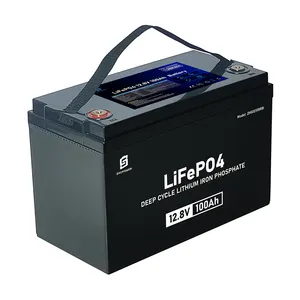

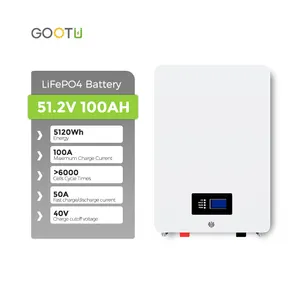



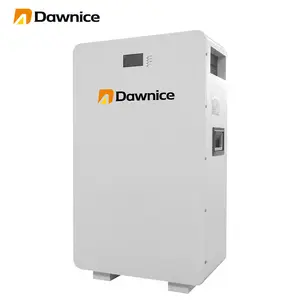


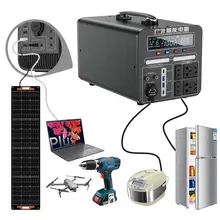
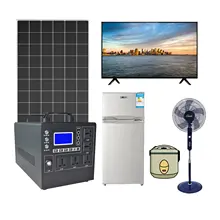

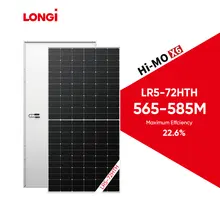
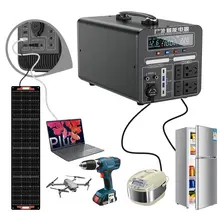

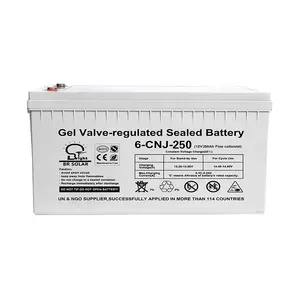



















 浙公网安备 33010002000092号
浙公网安备 33010002000092号 浙B2-20120091-4
浙B2-20120091-4